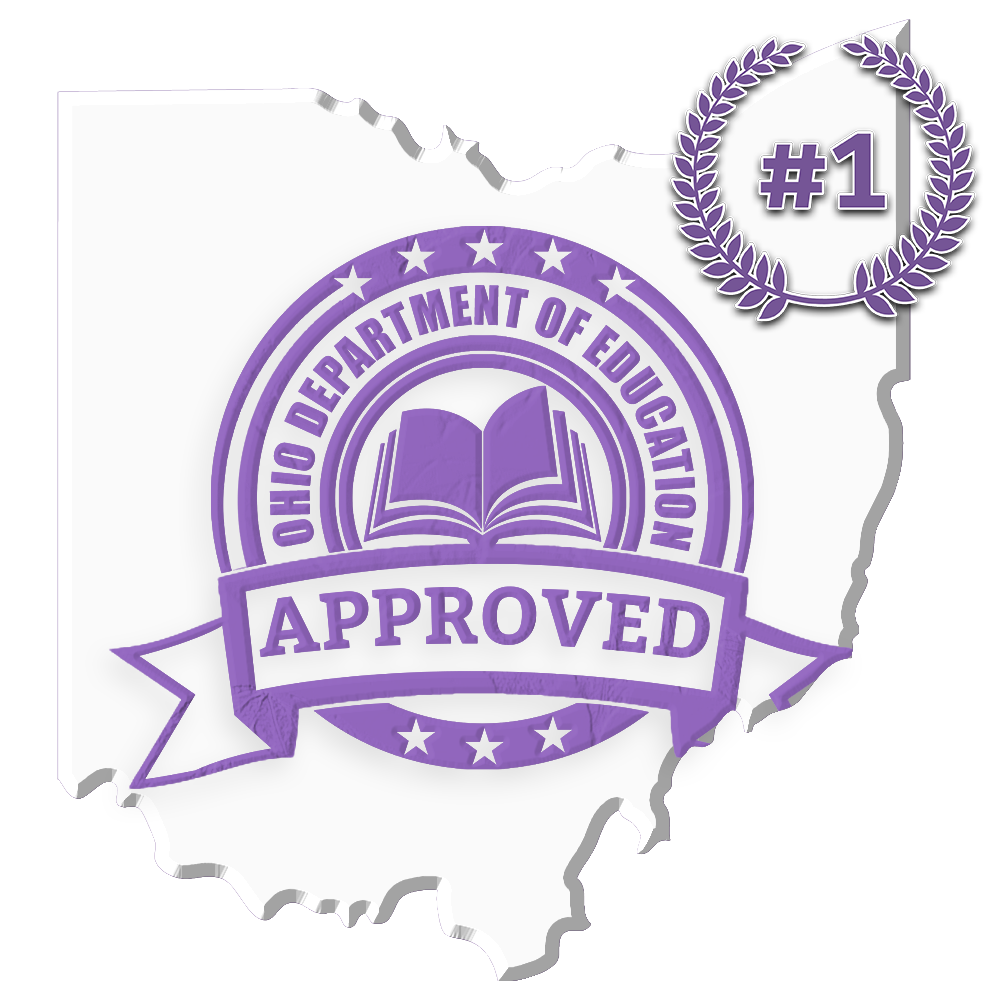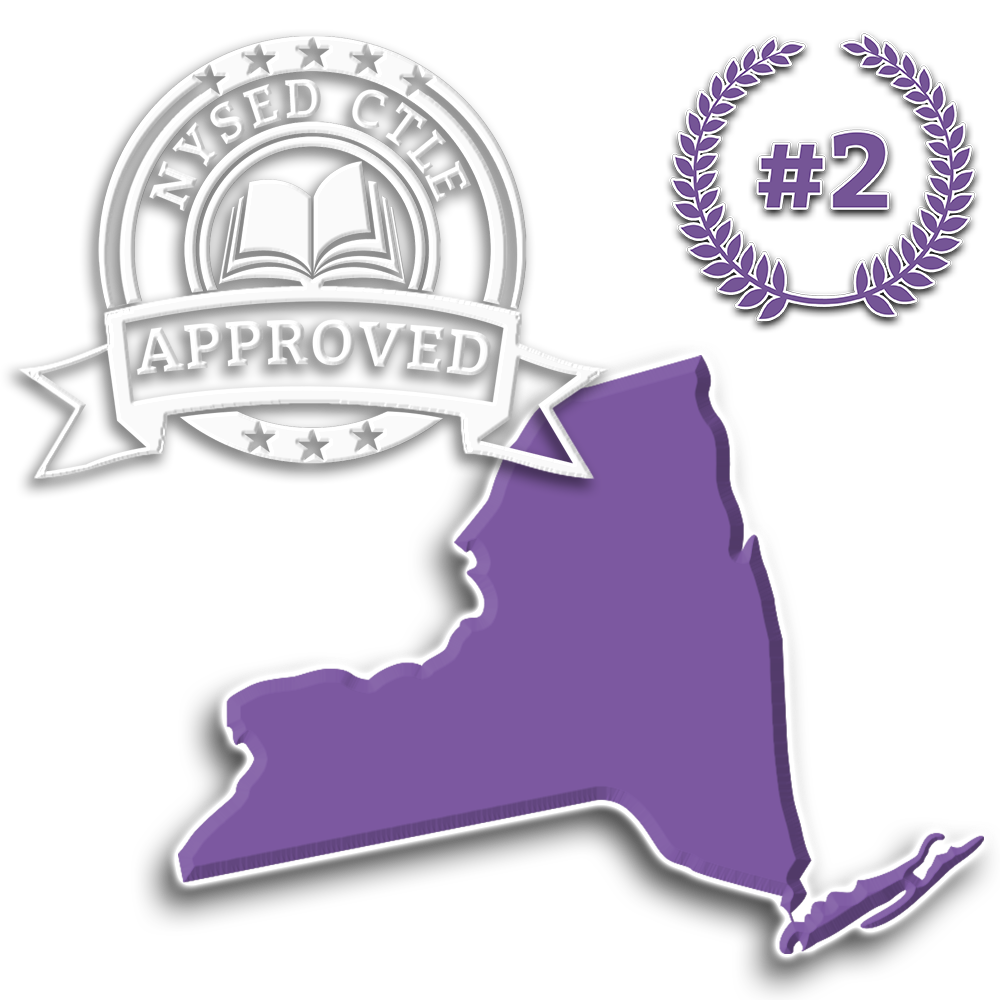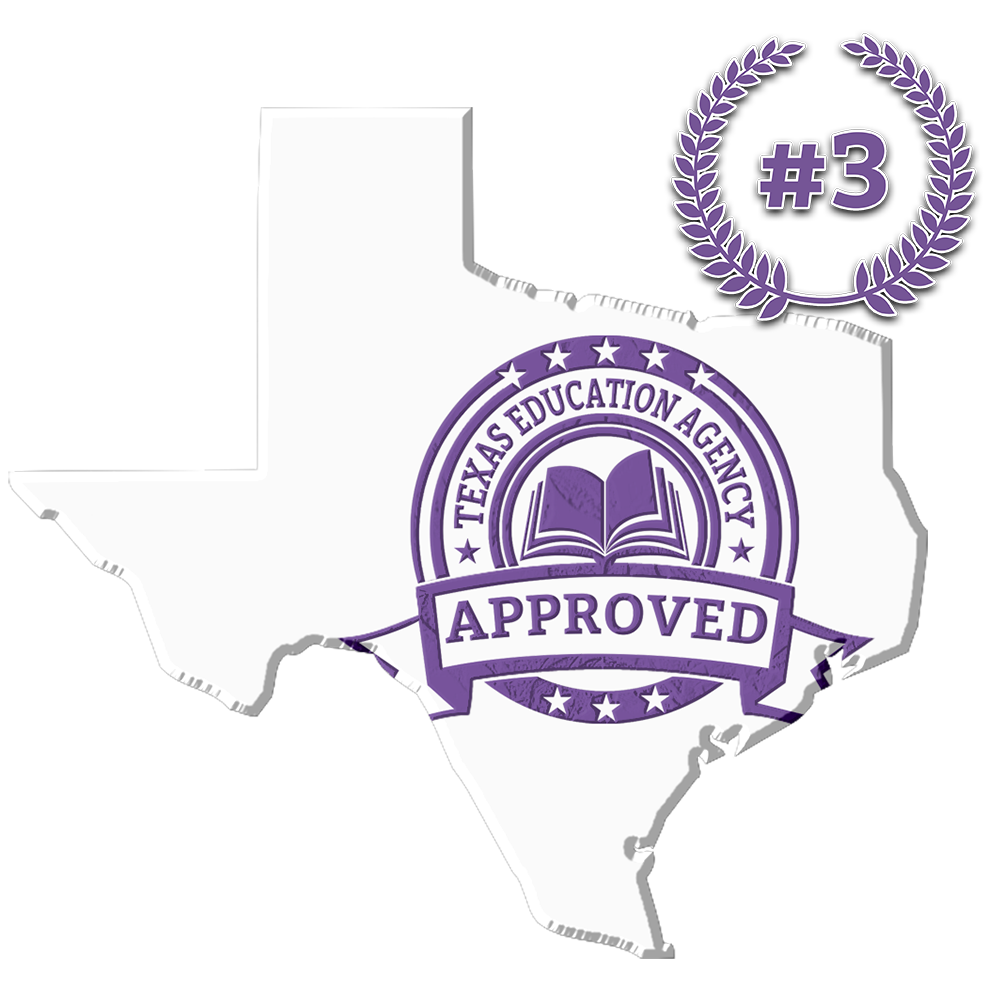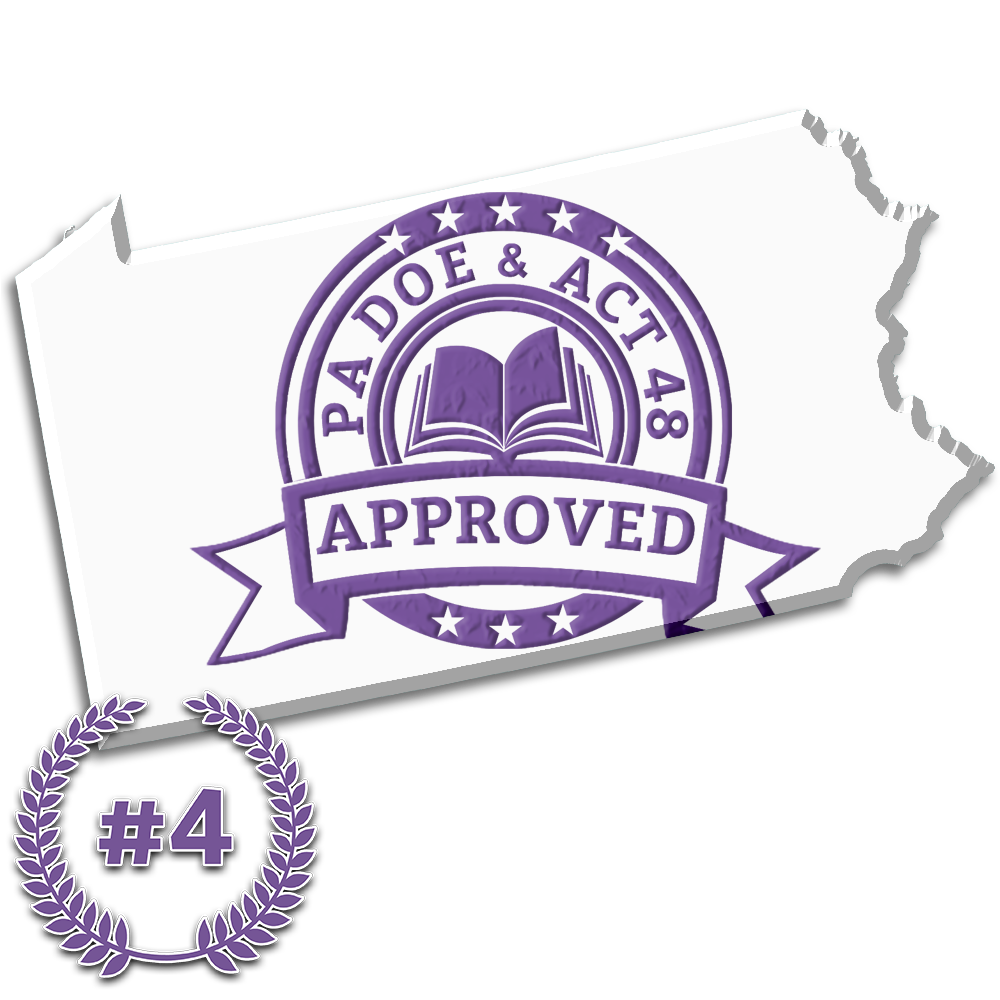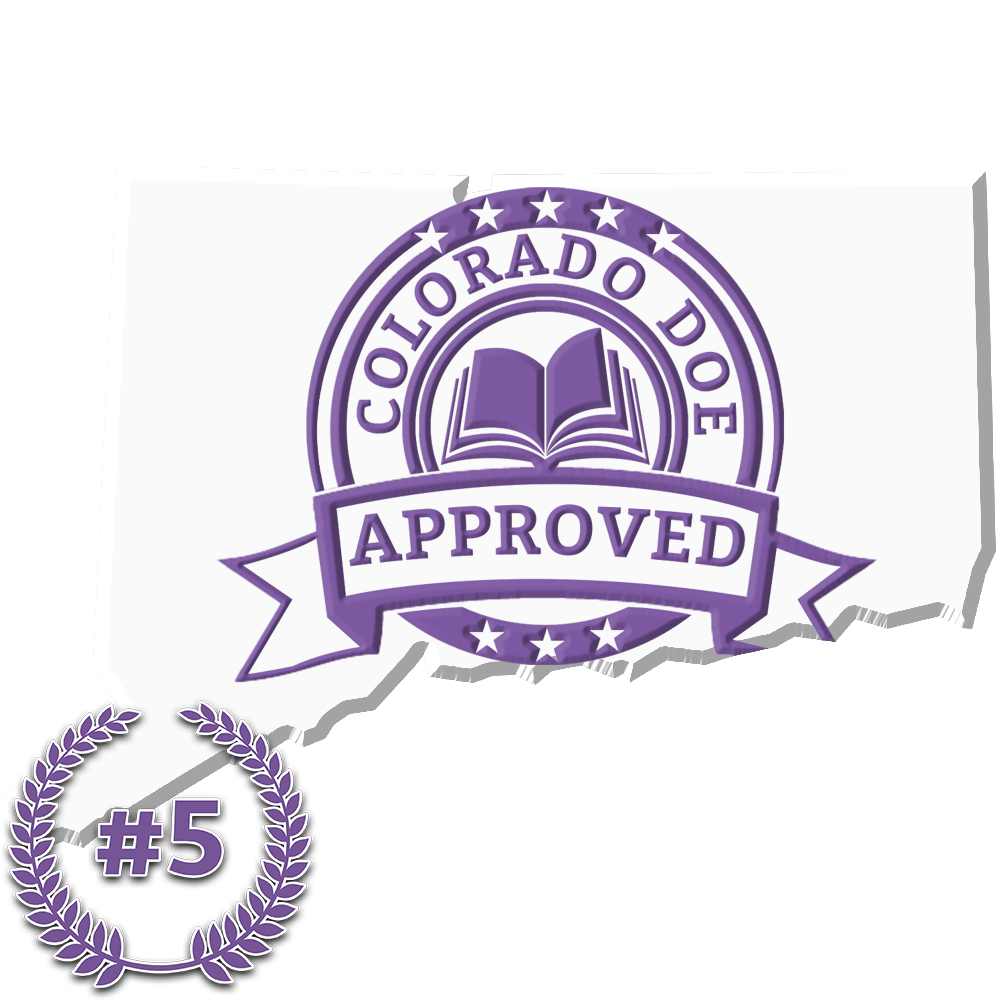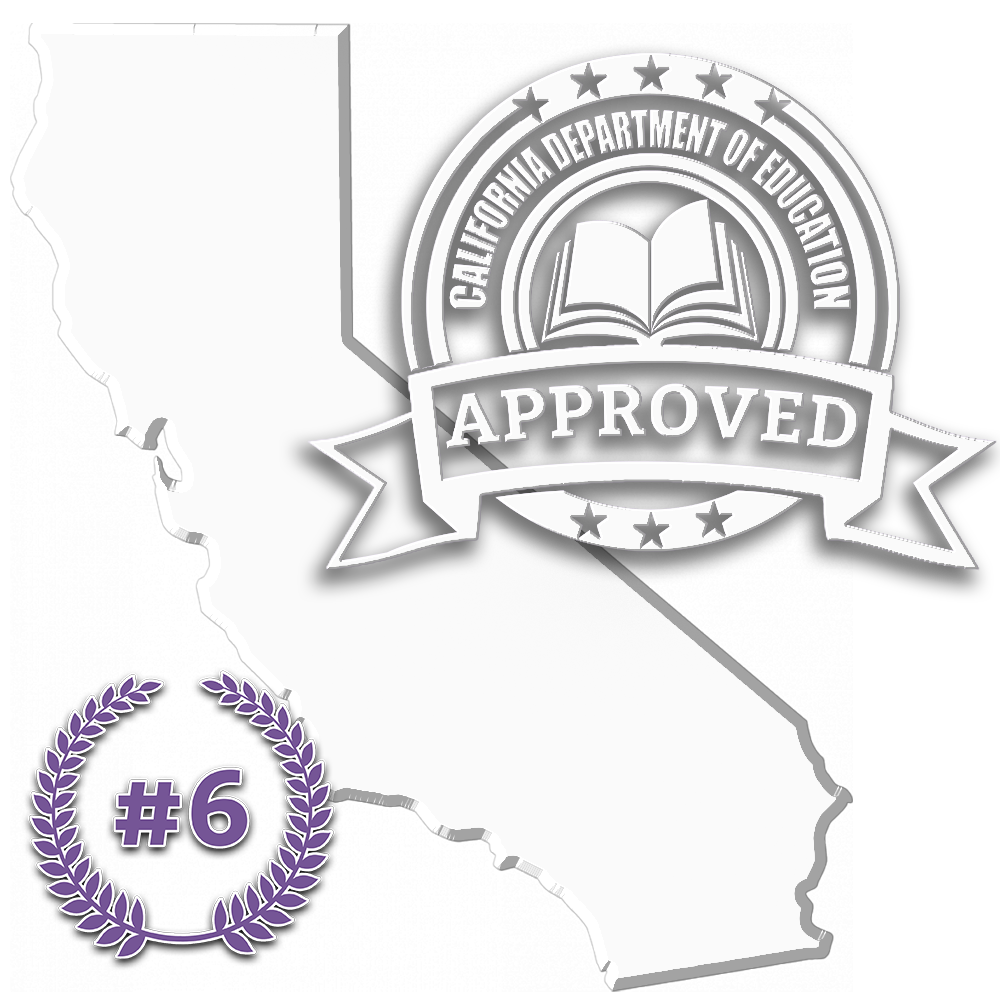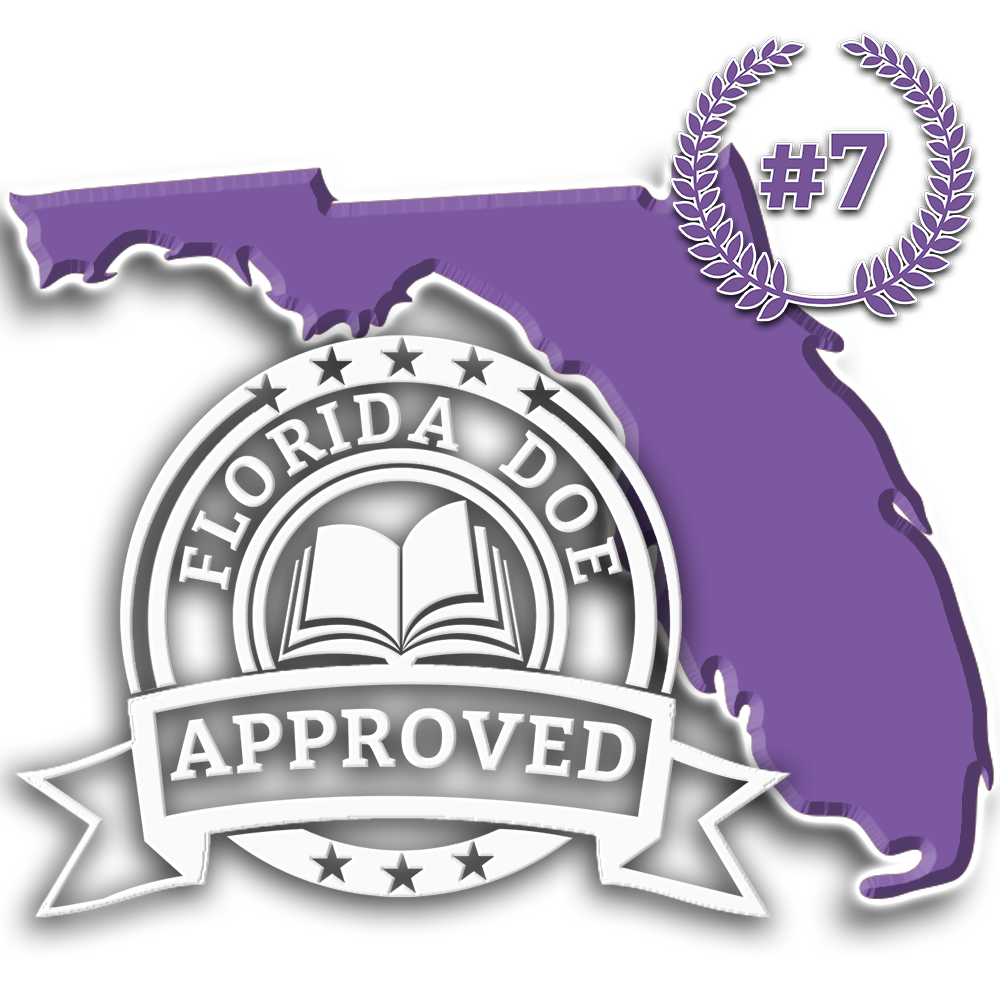Continuing Education for K-12 Teachers:
A 2024 Guide for Continuous Learning
INTRODUCTION
Welcome to the ever-evolving realm of education, where the only constant is change. In the fast-paced world of teaching, staying ahead means embracing continuous education. As a teacher, your commitment to learning doesn't end with a degree; it's an ongoing journey that enhances your skills, enriches your teaching methods, and ultimately benefits your students. Let's delve into the multifaceted landscape of continuing education for teachers and explore how it can be a game-changer in your educational journey.

Exploring Online Continuing Education Opportunities
Consider our platform, Teacher's Learning Center, which host a vast array of courses designed for teachers. Whether you're looking to enhance your proficiency in a particular subject or explore innovative teaching techniques, these platforms provide a convenient and accessible way to continue your education.
Furthermore, online courses often come with the added benefit of self-paced learning. This flexibility enables you to customize your learning experience, fitting it seamlessly into your busy schedule. According to a survey conducted by EducationStats, 85% of teachers found online courses to be more convenient than traditional in-person classes.
In the rapidly evolving landscape of education, keeping abreast of the latest technological advancements is crucial. Online courses often incorporate cutting-edge educational technologies, ensuring that you stay at the forefront of innovative teaching methods. This not only enhances your teaching skills but also prepares you to integrate technology effectively into your classroom.
Exploring Online Continuing Education Opportunities
As a teacher, balancing the demands of your profession with the pursuit of continuing education can be challenging, but it's a balancing act that's well worth the effort. Here are some practical tips to help you manage your time effectively:
Prioritize Your Commitments:
Begin by assessing your current workload and commitments. Identify tasks that are essential and those that can be delegated or postponed. This will give you a clearer understanding of how to allocate your time efficiently.
Create a Schedule:
Develop a realistic and flexible schedule that accommodates both your teaching responsibilities and your learning endeavors. Be sure to include dedicated time slots for studying, attending classes, and completing assignments.
Utilize Breaks Wisely:
Take advantage of breaks between classes or during planning periods to engage in brief study sessions or online course activities. These smaller time increments can add up over the week, contributing significantly to your continuous learning journey.
Embrace Technology for Organization:
Leverage technology tools to stay organized. Use calendar apps, task management tools, and educational apps that can help streamline your daily activities and keep you on track.
Seek Support:
Communicate with your colleagues, administrators, and family members about your commitment to continuing education. Their understanding and support can make a significant difference, whether it's providing coverage for your classes or assisting with household responsibilities.



The Role of Conference and Workshops in Continuing Education
While online courses provide a flexible and convenient way to continue your education, there's something uniquely enriching about attending conferences and workshops. These events offer a platform for networking, gaining insights from experts in the field, and immersing yourself in the latest educational trends.
Networking Opportunities:
Conferences and workshops bring together educators from various backgrounds and experiences. Engaging in conversations with peers, attending panel discussions, and participating in workshops can broaden your perspectives and introduce you to innovative ideas.
Access to Expertise:
Many conferences feature keynote speakers and experts in the field of education. These thought leaders share their insights, research findings, and practical tips that can inspire and inform your teaching practices. Seize the opportunity to attend sessions led by experts who align with your areas of interest.
Exposure to New Teaching Strategies:
Workshops at conferences often focus on hands-on activities and interactive sessions. This immersive learning experience allows you to explore and practice new teaching strategies that you can later integrate into your classroom. The exchange of ideas in a workshop setting can be particularly valuable.
Stay Informed About Industry Trends:
Education is a dynamic field, with trends and methodologies evolving regularly. Conferences provide a front-row seat to the latest trends, research, and advancements. Staying informed about these developments positions you as a forward-thinking educator.
Professional Development Opportunities:
Many conferences offer opportunities for professional development, such as certifications or badges. These credentials not only enhance your resume but also demonstrate your commitment to continuous learning to potential employers. When considering conferences, look for events that align with your teaching philosophy and professional goals. Whether it's a national education conference or a niche workshop, the insights gained can significantly contribute to your growth as an educator.



How Continuing Education Enhances Classroom Effectiveness
Continuing education isn't just about accumulating knowledge; it's about applying that knowledge to create a more enriching and effective learning environment for your students. Here's how ongoing learning directly influences your classroom effectiveness:
Adaptation of Innovative Teaching Methods:
As you engage in continuous education, you encounter new teaching methods and pedagogical approaches. Integrating these innovative techniques into your classroom can make learning more engaging and effective for your students. Whether it's incorporating technology, interactive activities, or project-based learning, staying abreast of educational trends allows you to adapt and enhance your teaching methods.
Improved Student Engagement:
Dynamic and interactive teaching methods often lead to increased student engagement. When students are actively involved in the learning process, they are more likely to retain information and develop a genuine interest in the subject matter. Continuing education equips you with the tools to create lessons that captivate and inspire your students.
Personalized Learning Strategies:
Every student is unique, with individual learning styles and preferences. Ongoing education empowers you to explore and implement personalized learning strategies in your classroom. Understanding the diverse needs of your students and tailoring your approach accordingly fosters a more inclusive and effective learning environment.
Effective Classroom Management:
Continuous learning extends beyond subject matter expertise; it includes developing skills in classroom management and student interaction. Workshops and courses on effective classroom management can provide insights into creating a positive and productive learning environment, ultimately contributing to better student behavior and focus.
Integration of Multidisciplinary Knowledge:
Education is interdisciplinary, and the ability to connect knowledge across various subjects enriches your teaching. Continuing education allows you to explore topics beyond your immediate specialization, enabling you to bring a broader perspective to your classroom. This interdisciplinary approach can inspire creativity and critical thinking among your students.
Enhanced Professional Confidence:
Acquiring new skills and staying informed about the latest educational trends boosts your professional confidence. A confident teacher is more likely to experiment with innovative teaching methods, take risks, and inspire students to explore their own capabilities. In conclusion, the benefits of continuing education extend far beyond personal development; they directly impact the quality of education you provide to your students. As you evolve as an educator, so too does the educational experience you offer.



Conclusion
In the dynamic landscape of education, the journey of continuous learning is not just a professional necessity; it's a transformative experience that elevates both educators and students. As a teacher committed to ongoing education, you are not only enhancing your knowledge but also enriching the educational journey for those under your guidance.From exploring online opportunities to striking the right balance between work and education, and from attending conferences to implementing innovative teaching methods, the path of continuous education is multifaceted. It's a journey marked by growth, adaptability, and a profound commitment to the craft of teaching.
Always remember that the benefits extend beyond personal development. Your commitment to continuous learning directly influences the effectiveness of your classroom, shaping the minds and experiences of the next generation. Embrace the opportunities that continuous education affords you, not only for the sake of your professional advancement but for the profound impact it has on the students who look up to you as a guide and mentor. Your dedication to learning is a testament to the evolving nature of education, and it positions you as a leader in the ever-changing landscape of teaching. Consider this blog post as a starting point for your exploration of the countless opportunities that await you. As you embark on this journey, may your passion for education continue to inspire and uplift both you and your students.



Professional Development and
Continuing Education Courses for K-12 Teachers
Low-Cost ACCREDITED Graduate Courses for License Renewal and Salary Advancement
*post-baccalaureate professional development graduate credits*
TLC is Regionally Accredited by:
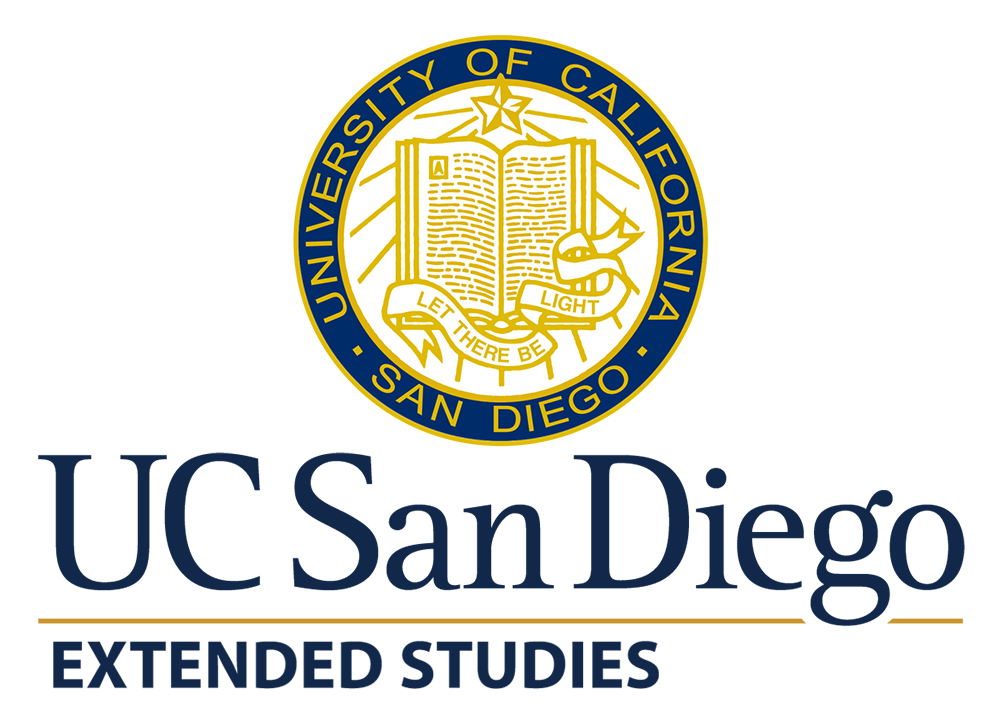








TOP STATES THAT USE TEACHER'S LEARNING CENTER










